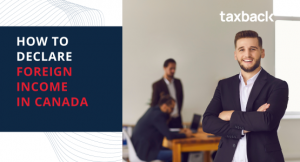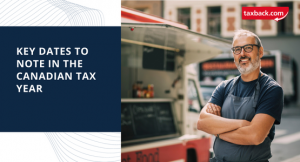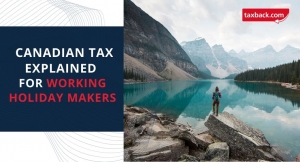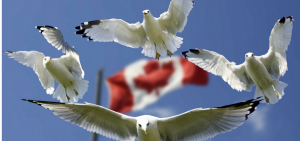Living costs in Vancouver 2023: Your Go-to Handy Guide
If you’re moving to a new city or a new country, the chances are you’re not going to be familiar with the basic prices of everyday things.
Are you ready to embark on an exciting new chapter in Vancouver? As you prepare to settle into this vibrant city, it's crucial to have a clear understanding of the living costs in Vancouver for 2023.
So, how much does it cost to live in Vancouver? It consistently ranks among the most livable cities globally and falls within the top 5% in terms of its high cost of living.
This go-to handy guide has been specifically tailored for individuals like yourself who are on the cusp of moving to Vancouver, offering valuable insights and practical advice to help you navigate the financial landscape with confidence.
Vancouver's allure lies in its captivating blend of natural beauty, cultural richness, and diverse opportunities.
However, it's no secret that living costs can be a significant consideration for newcomers. From accommodation to daily expenses, transportation to entertainment, being well-informed about the financial aspects of life in Vancouver is essential for a smooth transition.
In this comprehensive guide, we'll delve into the key components that contribute to the overall living costs in Vancouver.
Vancouver rent prices
According to Zumper, the average rent in Vancouver for a one-bedroom apartment has reached $2,775 per month. This figure marks a notable surge of 20% when compared to the rates observed in the previous year. The average rental price in Vancouver for a 2-bedroom apartment in Vancouver is around is $3,750.
Numbeo reports that the typical cost per month for a one-bedroom apartment within the city in 2023 is approximately $2,300.
This January, Vancouver dominated the list of the five most expensive cities to rent in Canada. Leading the pack is West Vancouver, where one-bedroom, unfurnished units command an average rent of $2,844.
Not far behind, North Vancouver claims the second spot with an average rent of $2,576 for similar units.
Securing the third position on the list is the city of Vancouver itself, where one-bedroom, unfurnished units demand an average monthly rent of $2,488.
Meanwhile, Burnaby claims the fourth spot, with apartments averaging $2,400.
Rounding out the top five is Richmond, where rental units average at $2,195, marking it as one of Canada's priciest markets.
However, there is a glimmer of hope for local renters. Liv.rent predicts that as the Bank of Canada's interest rate increases slow down, there may be a possibility of rent prices gradually returning to more affordable levels throughout the year.
For those seeking more budget-friendly options, Langley and Surrey provide some relief. Units in Langley averaged $1,833, while in Surrey, the average rent stood at $1,832.
These areas offer a more favorable landscape for locals in search of affordable housing options this month.
While certain rental prices may encompass additional costs such as utilities and parking, it is important to note that the average rent stated earlier does not factor in expenses like renter's insurance.
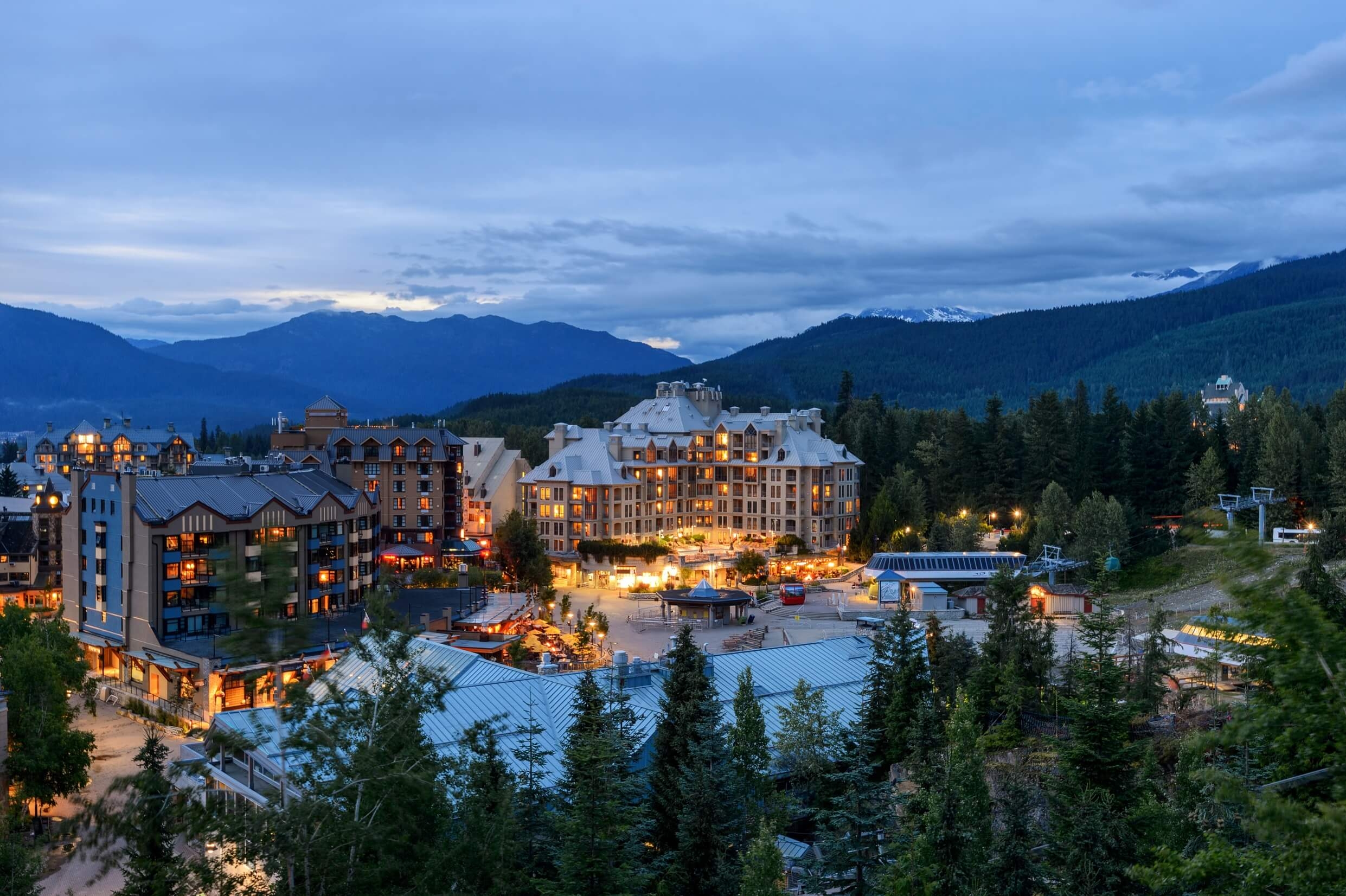
Monthly utility cost in Vancouver
On average, Vancouver residents pay $319 per month for utilities.
Here is a breakdown of common utilities and their average monthly costs:
-
Cell phone plan: $100
-
Internet: $80
-
Cable: $22
-
Electricity and heating: $105
Average food cost per month in Vancouver
In recent years, there has been a noticeable increase in the price of groceries, and the average food cost per month in Vancouver for one person is around $400 per month. It's worth noting that this amount does not cover alcohol or cigarettes.
When it comes to eating out or getting takeaway, the expenses can vary significantly depending on how often you dine out and your preference for restaurants. For instance, if you opt for a budget-friendly eatery, you can expect to spend only $20 per person.
On the other hand, if you choose a mid-range restaurant, a meal for two people would come to approximately $100 in total.
Let's say you dine out or order takeout three times a month for two people. In that case, your expenses would range from $120 to $300.
So, what is the average cost of groceries for 1 person in Vancouver?
Considering all of the above, the average monthly cost for food in Vancouver would be somewhere between $400 and $660.
If we refer to Numbeo's data on average prices for essential grocery items in Vancouver, it is estimated that purchasing these items on a weekly basis would amount to an average monthly expenditure of $399.56.
The grocery items in Numbeo’s list include key essentials like milk, rice, bananas, cheese, and chicken.
Bus fare in Vancouver
Transport pricing in Vancouver can vary significantly depending on your choice between utilizing public transportation or relying on your own vehicle.
Public transport in Vancouver is managed by Translink, which is the regional authority for transportation in Metro Vancouver. They operate a network of buses, SkyTrains, SeaBus, and the West Coast Express commuter train service.
The convenient SeaBus is a quick ferry service shuttling passengers between downtown and the North Shore, taking less than 15 minutes for each trip.
For utilizing TransLink services, the monthly pass prices range from $100.25 to $181.05, depending on the number of zones you need. (2023)
Vancouver Bike Share
When it comes to the city's bike-sharing system, there is a service provider known as Mobi. With Mobi, you have the option to rent a bike from any of their numerous stations or conveniently use their smartphone app.
You can choose between a classic and an Ebike and you can find Mobi’s prices here.
Car parking rates in Vancouver
Car parking rates in Vancouver are applicable every day of the week, including holidays. However, the rates differ based on the time of day. From 9am to 6pm, the daytime rates are distinct from the rates between 6pm and 10pm.
The charges for parking can range from $1 to $7 per hour, with certain locations having even higher rates. There are two main types of parking available:
- Time-limited parking: This type allows parking for up to 2 hours.
- Metered parking: This type involves varying rates depending on the location.
Entertainment and fitness
Here are some examples of the expenses associated with leisure activities in Vancouver, ranging from movies to gym memberships:
The average price of a movie ticket in the city is approximately $16. However, it's important to mention that there are alternative screenings available besides the regular showtimes. For instance, attending a family screening costs only $3 per ticket, while VIP theaters offer a more luxurious experience at around $25 per ticket.
Attending a major sporting event in Vancouver, such as a Canucks or Whitecaps game, typically entails an average cost of $50 for a ticket.
When it comes to fitness memberships for a single adult, the average monthly fee in the city is around $55 - 60.
If you calculate the total expenses for a monthly gym membership, one movie outing, and one sports game attendance, the combined leisure costs would amount to approximately $121 per month.
Cost of education
Whether you're considering furthering your education as a student or searching for a school for your young children, the cost of education in Vancouver can vary depending on the type of institution.
Here are the average annual tuitions for different types of schools:
Private schools: $18,000 Public schools: $0 (for Canadian residents) Post-secondary schools: $4,500.
Childcare
Securing childcare in Vancouver is known to be extremely challenging, as local daycare facilities have limited availability and extensive waitlists that can span two to three years.
Consequently, many parents are compelled to choose pricier alternatives, such as hiring a nanny.
Private daycare options, requiring full-time care, have an average cost of $1,350 per month, while the average monthly expense for a nanny amounts to approximately $3,550.
Federal and provincial taxes in Canada
In Canada, the tax system works like this: the more money you make, the more tax you pay. Each year, the government sets income ranges called "tax brackets" and assigns different tax rates to them. These brackets are adjusted for inflation.
So, if you earn more, you'll fall into a higher bracket and pay a higher tax rate.
Remember: both the federal and provincial administrations establish their individual tax brackets, which means some calculations are necessary to determine your average and marginal tax rates.
2023 federal tax bracket rates
-
15% up to $53,359 of taxable income
-
20.5% between $53,359 and $106,717
-
26% between $106,717 and $165,430
-
29% between $165,430 up to $235,675
-
33% on any amount taxable income exceeding $235,675
You can check out the provincial tax rates in Canada 2023 for each territory in our guide.
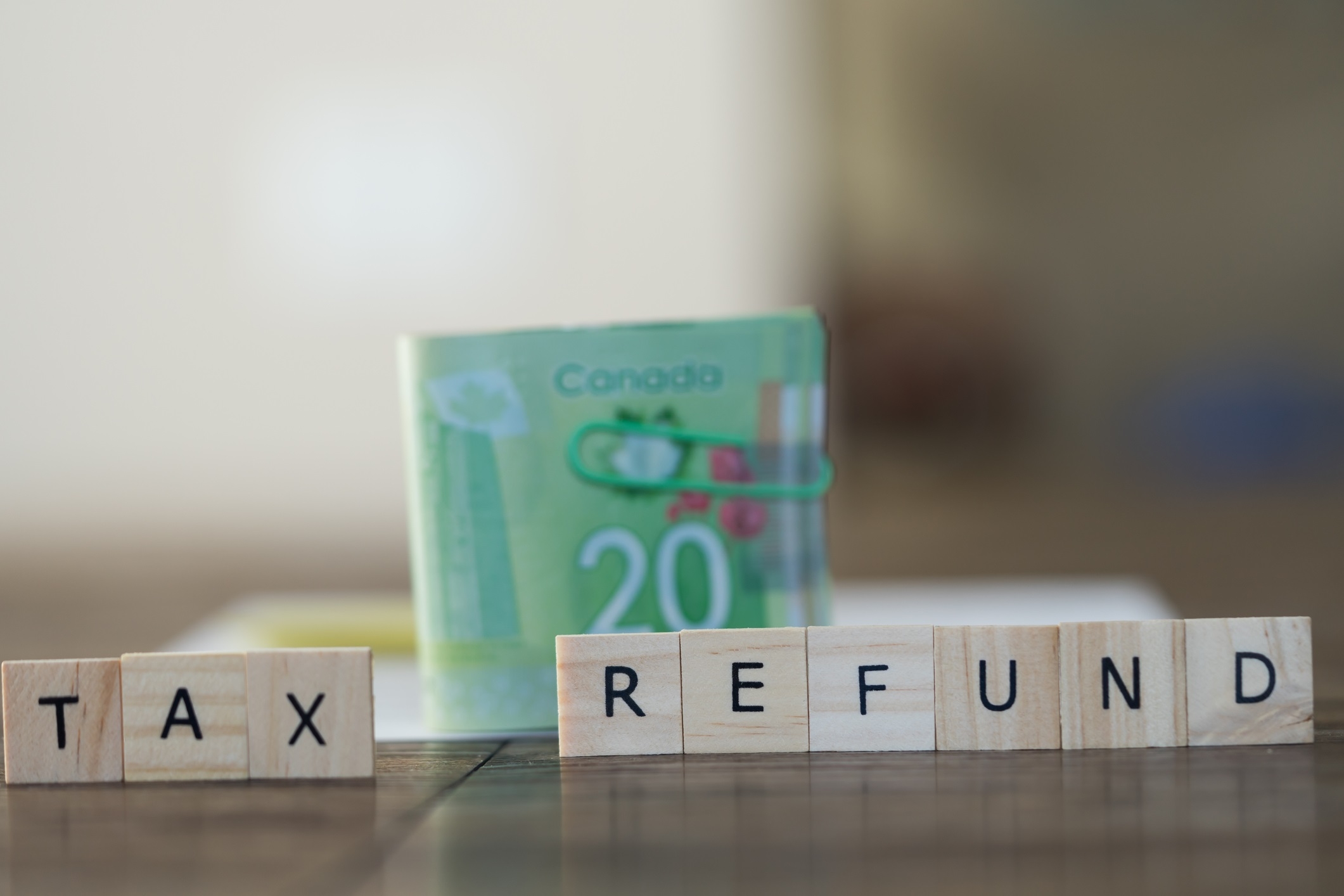
Do I need to file a Canadian income tax return?
It may be necessary for you to submit a personal income tax return, even if you have lived in Canada for only a portion of the year.
You should file a tax return if:
-
You are obligated to pay taxes for the year.
-
You wish to claim a tax refund.
-
You intend to receive benefit and credit payments.
Filing a Canadian income tax return seems incredibly dull! Is there a way to avoid doing it myself?
Absolutely! You have the option to entrust your tax return to a tax agent such as Taxback.
With Taxback, you can experience a quick and hassle-free service. We handle all the paperwork involved in your tax return, saving you the trouble! Additionally, we assure you that we will obtain the highest possible legal tax refund for you.
Start now and let us take care of it for you!
File your Canadian Tax Return easily online
Why choose Taxback?
Here's why:
-
Our team will ensure you avail of every expense and relief you're entitled to
-
We'll transfer your maximum legal Canadian tax refund straight to your bank account anywhere in the world
-
It's a convenient online service. We do the work. You get the cash!
-
Got tax questions? Their Live Chat team are on hand 24/7 to answer you
-
Taxback is ISO 9001 certified - This is probably the most widely recognized quality management system standard in the world.
